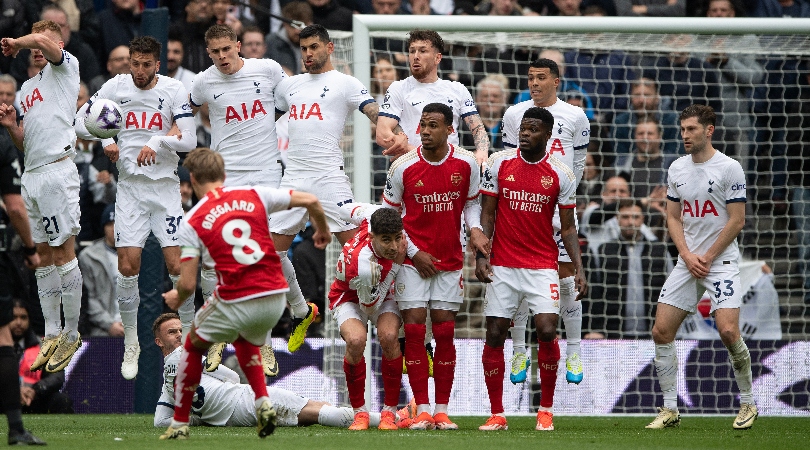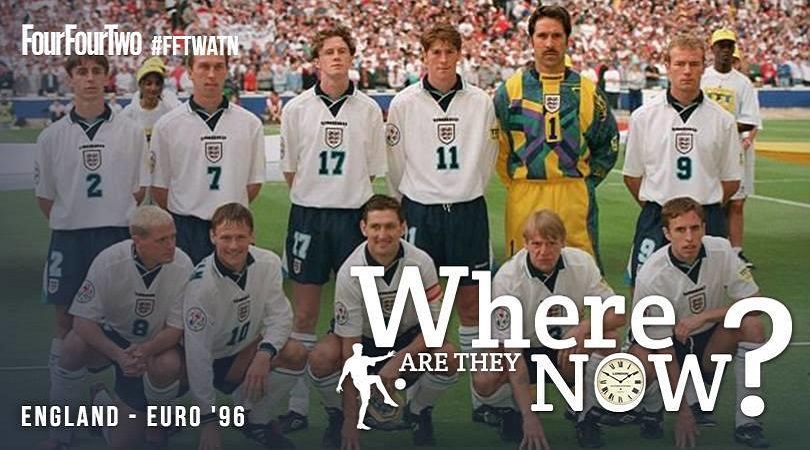
Where are they now?
Football fever hit England in 1996, with the European Championship held in the country for the first time ever. The Three Lions may have fallen at the semi-final stage, going down on penalties to Germany (who else?), but Terry Venables’ team are still fondly remembered by fans of the national team.
We cast our mind back to the side of ’96 and reveal what they are doing in the present day.
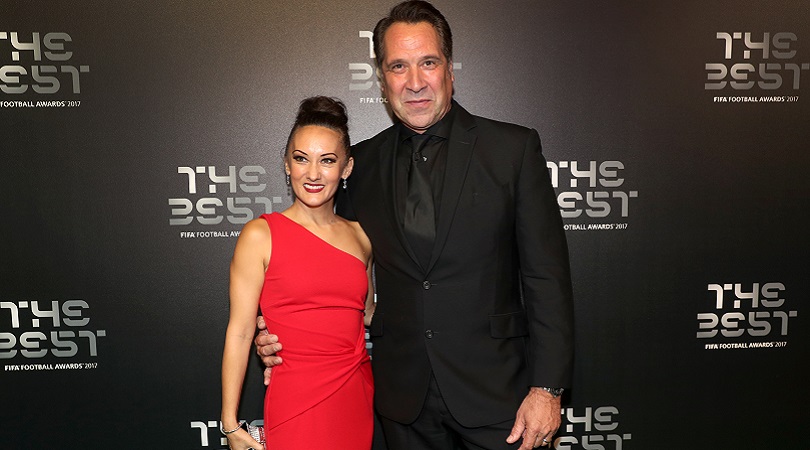
David Seaman
Having won the First Division title in his debut season with Arsenal in 1990/91, Seaman cemented his position as England’s No.1 at Euro ‘96. Despite the Three Lions’ semi-final defeat by Germany, the goalkeeper was included in UEFA’s team of the tournament alongside compatriots Steve McManaman and Alan Shearer.
After retiring following a season with Manchester City in 2003/04, Seaman won the Strictly Ice Dancing television competition and partnered Frankie Poultney to finish fourth in the 2006 Dancing on Ice edition. The pair married in 2015.
When not throwing shapes on frozen water, Seaman is said to enjoy golfing, shooting and travelling.
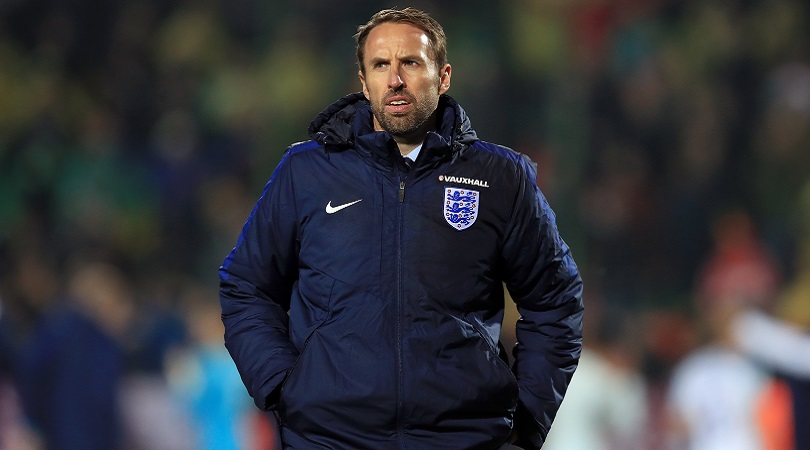
Gareth Southgate
Well known for his tenacity and tough tackling, Southgate was one of those defenders who opposition forwards hated playing against. But he had to face the music after missing England’s decisive penalty in the semi-final shoot-out at Euro ‘96, sending Germany through to the final instead.
After playing spells with Crystal Palace, Aston Villa and Middlesbrough, Southgate turned his hand to coaching and bossed Boro between 2006 and 2009. He was appointed England Under-21 manager four years after his exit from the Riverside Stadium, before taking charge of the senior side following Sam Allardyce’s departure in 2016.
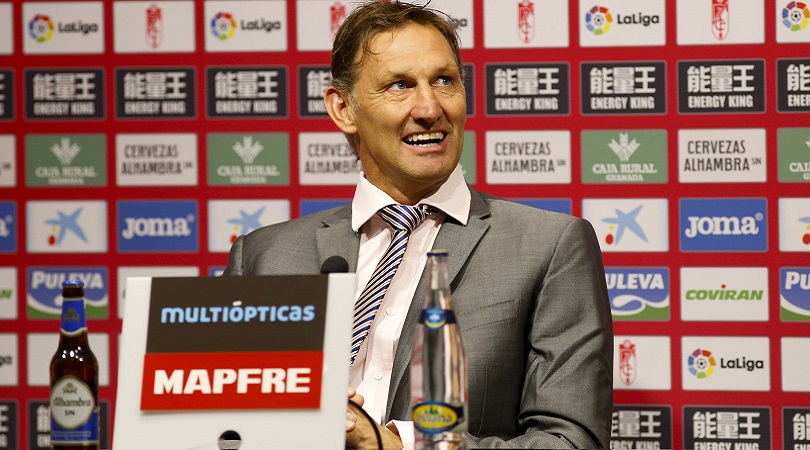
Tony Adams
One of the great English defenders for more than two decades, Adams spent his entire career at Arsenal after joining the club’s youth team way back in 1980. Making over 600 senior appearances for the Gunners, he won four league titles, three FA Cups and two League Cups before hanging up his boots in 2002.
Adams then moved into management, occupying the hot seat at Wycombe Wanderers, Portsmouth, Azerbaijani outfit Gabala and, for a short time in 2017, Granada.
Yet it hasn’t always smooth sailing for the 51-year-old, whose 1998 autobiography detailed his long-running battle with alcohol. He also survived a major health scare in 2015, requiring heart surgery after experiencing severe pain while exercising.
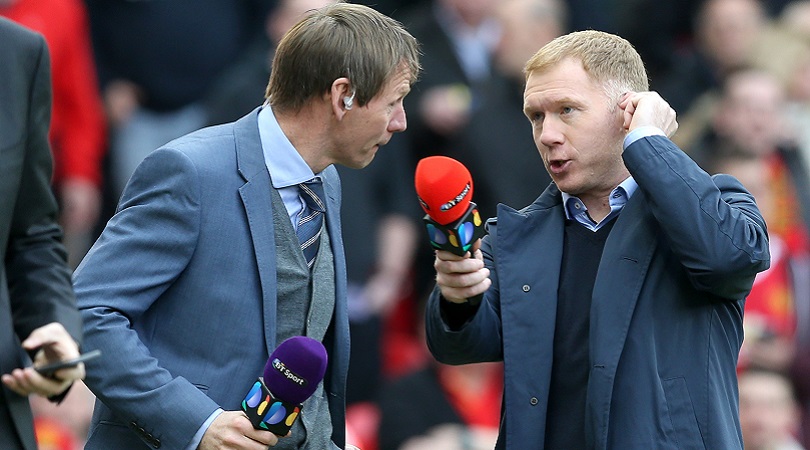
Stuart Pearce
Pearce was coming to the end of his international career at Euro ’96, eventually retiring from England duty in 1999 after amassing 78 caps. He hung up his boots for good in 2002 and moved into coaching, taking his first management job (not including a short spell as caretaker player-boss at Nottingham Forest in 1996/97) with Manchester City in 2005.
The former left-back later took charge of England’s Under-21s between 2007 and 2013, and even managed the senior side as caretaker for three months following Fabio Capello’s resignation. He returned to the dugout with Forest in 2014/15 and is reportedly in talks to join David Moyes’ coaching staff at West Ham in the coming days.
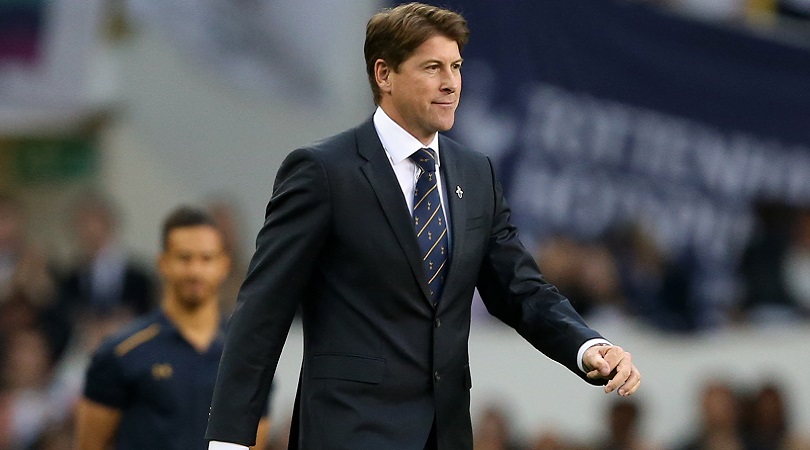
Darren Anderton
Anderton began his career at Portsmouth, but it was at Tottenham – whom he joined in 1992 – where he really excelled. His international debut followed two years after that move to White Hart Lane, but injury problems restricted him to a relatively modest 30 caps.
The winger did manage to stay fit throughout Euro ’96 and was deployed as a wing-back in the semi-final against Germany, with Terry Venables opting for a 3-5-2 formation. He came close to winning the game for England in extra time, but his shot cannoned off the post as the hosts were denied a golden goal.
These days, Anderson works as a TV pundit and is also the Honorary President of the Arlington Spurs supporters’ club in Virginia, USA.
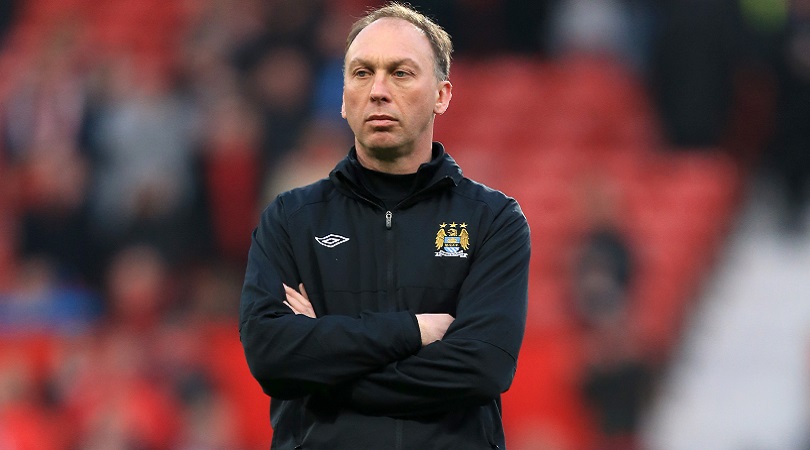
David Platt
Platt began Euro ’96 as a substitute, but Paul Ince’s suspension in the quarter-final against Spain saw him thrust into the starting XI. Ince returned against Germany but Platt kept his place in the side, playing the entire 120 minutes before retiring from international football after the tournament.
After hanging up his boots in 2001, Platt took charge of the England Under-21s but was forced to resign after failing to qualify for the European Under-21 Championship in 2004. He then moved into punditry and also started Major Golf Events, a company offering golfing experiences, before joining Manchester City’s coaching staff under Roberto Mancini. Platt’s most recent role was as manager of Pune City in the Indian Super League, but he hasn’t worked in football since leaving that post in December 2015.
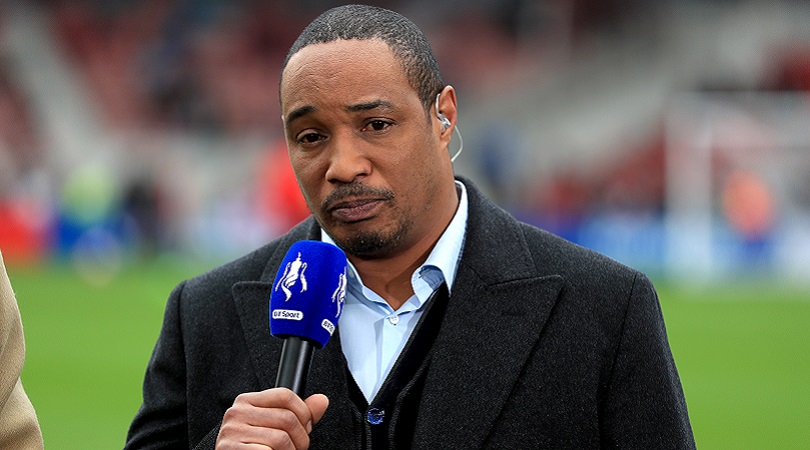
Paul Ince
Ince enjoyed an illustrious career, turning out for Manchester United, Liverpool and Inter, and winning two league titles and three domestic cups along the way. The tenacious midfielder also won 53 caps for England and was a key part of Terry Venables’ team in 1996.
He moved into coaching after hanging up his boots, starting off with Macclesfield Town before stints with MK Dons and Blackburn. He returned to MK after being sacked by Rovers in 2008, and then embarked on spells with Notts County and Blackpool.
Ince has made frequent media appearances since leaving the latter in 2014, while also closely following the career of son Tom, who’s currently with Huddersfield.
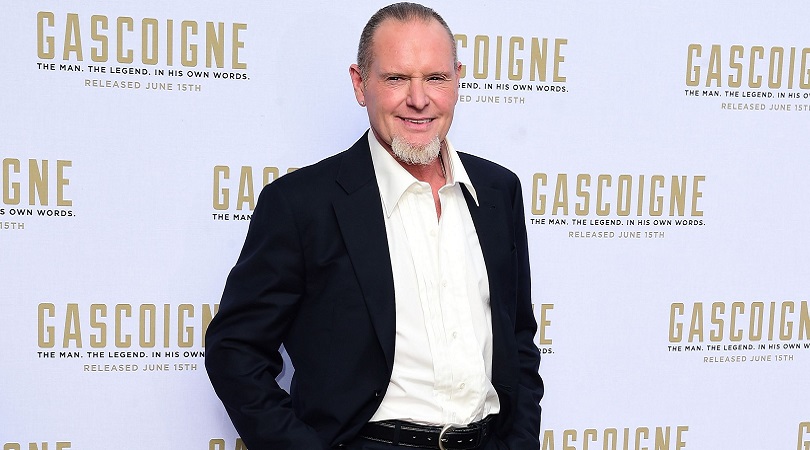
Paul Gascoigne
Signed as a schoolboy by Newcastle, Gascoigne made his full debut while still a teenager and quickly gave an indication of his prodigious talent. Choosing Tottenham over Alex Ferguson’s Manchester United for his next move, he would spend five years with Spurs, but it was at international level where his on-field legend was truly born.
Gascoigne became a national hero as the Three Lions reached the 1990 World Cup semi-finals, while a superb goal against Scotland at Euro ’96 was further evidence of his incredible natural ability. He continued playing until 2004 and briefly managed Kettering the following year, but since then he has largely hit the headlines for episodes in his private life.
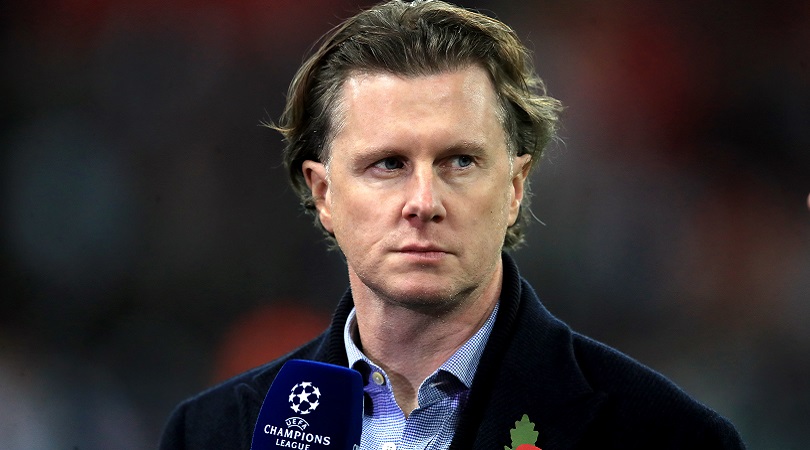
Steve McManaman
In a playing career which featured spells with Liverpool, Real Madrid and Manchester City – as well as England, for whom he won 37 caps – McManaman drew regular praise for his technical gifts and work ethic as a winger or creative midfielder.
He was also noted for his intelligence, which is perhaps the key reason why he’s enjoyed a notable career in the media post-football. Striking the right balance between measured and outspoken, McManaman has worked with ESPN, ITV, Setanta Sports and Al Jazeera, and is currently with BT Sport.
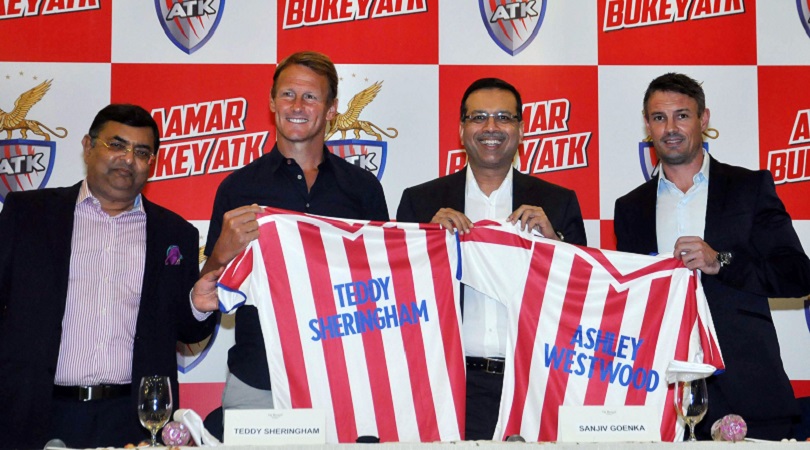
Teddy Sheringham
Sheringham and Shearer formed a fearsome partnership at Euro ’96, but the former was unable to get on the scoresheet in the game against Germany. He did put away his spot-kick to keep England’s hopes alive, but that flame was extinguished after Southgate had his effort saved by Andreas Kopke.
The former Tottenham and Manchester United favourite had a long and distinguished playing career which spanned 22 years, with Sheringham finally hanging up his boots at the age of 42 in 2008. He then concentrated on a professional poker career, but seven years later he took charge of Stevenage for a few months, and is currently in charge of ATK in the Indian Super League.
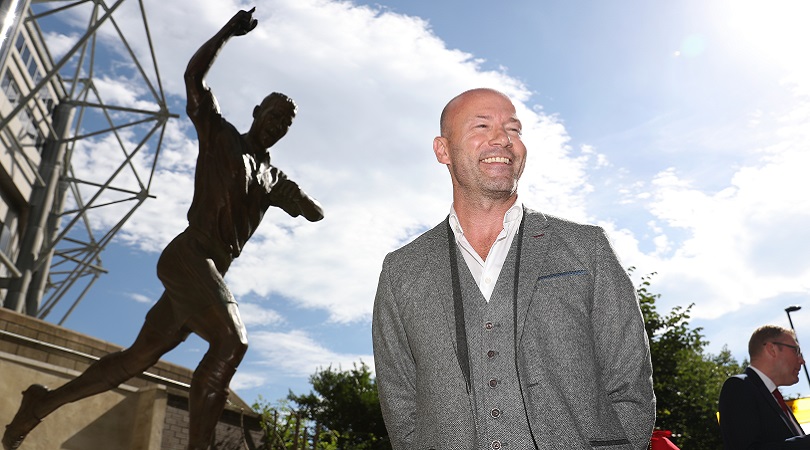
Alan Shearer
Among the finest strikers to grace English football, Shearer was Euro 96's top scorer with five goals - not bad for someone who went into the tournament without an England goal in 12 games and 21 months. Revitalised, he swapped Blackburn for boyhood club Newcastle just four weeks after the tournament’s conclusion, and saw out his career on Tyneside after finding the net 206 times in 405 outings for the Magpies.
He returned for a brief stint as manager in 2009, but the club legend couldn’t save Newcastle from relegation. Shearer has spent most of his post-playing career as a BBC pundit, while he’s also a keen humanitarian and has helped to raise funds for a host of charities – including Unicef, NSPCC, Dream Foundation and the Sir Bobby Robson Foundation.
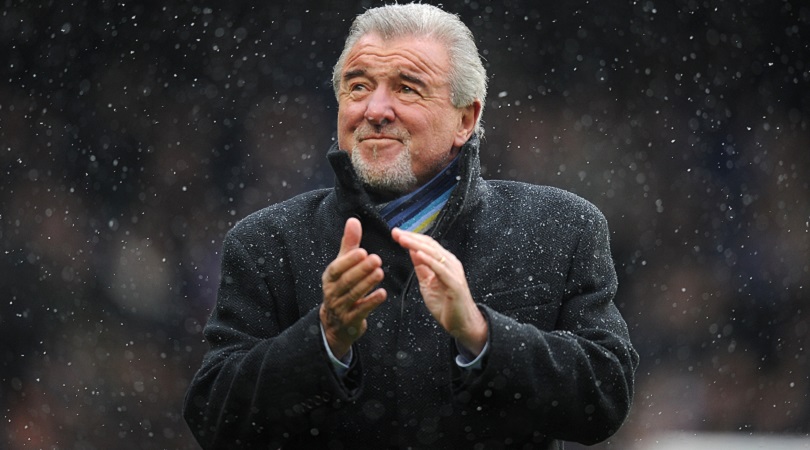
Terry Venables (manager)
Venables became England manager in 1994, by which time he’d already bossed Crystal Palace, QPR, Tottenham and Barcelona. His departure at the end of Euro ’96 had already been confirmed before the tournament, but the former Chelsea midfielder was just as determined to lead England to glory on home soil.
Venables took charge of the Australian national team later in 1996, before further spells with Palace, Middlesbrough and Leeds. He hasn’t coached since leaving Elland Road in 2003, but he did return to the England setup as assistant manager to Steve McClaren following the 2006 World Cup. Now 74, Venables makes occasional media appearances but spends most of his time as a hotelier in Spain.
Greg Lea is a freelance football journalist who's filled in wherever FourFourTwo needs him since 2014. He became a Crystal Palace fan after watching a 1-0 loss to Port Vale in 1998, and once got on the scoresheet in a primary school game against Wilfried Zaha's Whitehorse Manor (an own goal in an 8-0 defeat).
 Join The Club
Join The Club











